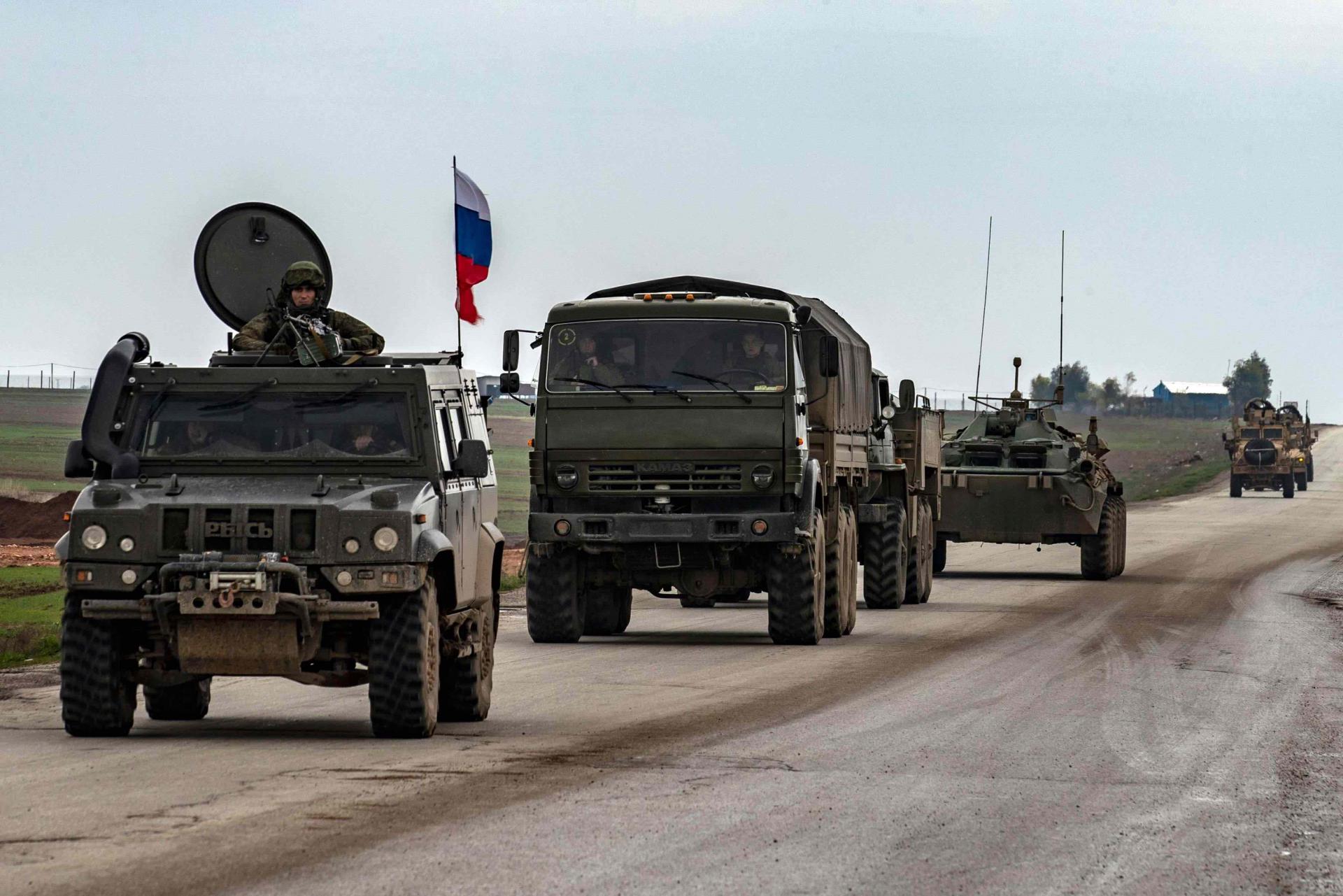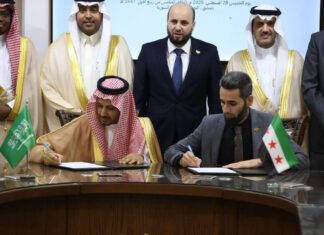
Russia’s longstanding role in Syria is undergoing major changes following the ouster of former dictator Bashar al-Assad, as the Kremlin seeks to maintain influence while navigating the new reality of a post-Assad Syria. Recent diplomatic and military developments have underscored the shift in Russian-Syrian relations, as Moscow attempts to redefine its engagement with the new administration led by President Ahmad al-Sharaa.
Bogdanov Signals Russia’s Position on Syria’s Future
Mikhail Bogdanov, Russian President Vladimir Putin’s Special Envoy to the Middle East and Africa, reaffirmed Moscow’s commitment to supporting Syria but acknowledged the country’s uncertain trajectory. In an interview with the Russian newspaper Izvestia, Bogdanov stated, “Syria is going through a difficult period today, and we hope that its people will be able to successfully overcome the many difficulties that have come as a result of the prolonged crisis in the country.”
He emphasized Russia’s readiness to continue providing “the necessary assistance” to the Syrian people while noting that relations between the two countries should be based on “mutual respect and taking each other’s interests into consideration.”
Bogdanov’s remarks follow a meeting between President Sharaa and a Russian delegation in Damascus, where the Syrian administration reportedly called for a redefinition of bilateral ties that acknowledges the Syrian people’s desire for sovereignty. According to sources cited by Reuters, Sharaa requested that Moscow extradite Assad and key figures from his regime, an issue on which the Kremlin has remained tight-lipped.
Military Standoff: Syrian Defense Forces Block Russian Convoy
Despite diplomatic overtures, tensions surfaced between Russian forces and Syria’s military when a Russian convoy carrying missiles was denied access to a military base in Tartus. The convoy, consisting of 30 vehicles, had departed from Hmeimim Air Base in Latakia but was halted for eight hours by Syrian forces at a checkpoint before being forced to return to Hmeimim.
This rare public display of Syrian resistance to Russian military movements signals the transitional government’s efforts to assert its sovereignty and recalibrate the presence of foreign military actors. Moscow had previously repositioned its forces in Syria after Assad’s downfall, consolidating its troops at Hmeimim and reducing deployments across Syrian provinces.
Future of Russian-Syrian Relations Uncertain
As Moscow adjusts its engagement with Syria, the Kremlin has signaled a cautious approach to the current government. Kremlin spokesman Dmitry Peskov described the recent diplomatic visit to Damascus as an “important contact,” emphasizing Russia’s desire to “maintain an ongoing dialogue with the Syrian administration.”
However, the fate of Russian military installations in Syria—particularly in Tartus and Latakia—remains uncertain. President Sharaa has stated that any future agreements with Moscow must align with “Syrian interests,” reinforcing the transitional government’s intent to reassess past arrangements made under Assad’s rule.
With Syria’s new leadership asserting its authority, Russia must now navigate a vastly different political landscape—one in which its once-unquestioned influence is being reexamined. The coming months will determine whether Moscow can adapt to the realities of post-Assad Syria or whether tensions, both military and diplomatic, will continue to surface.








